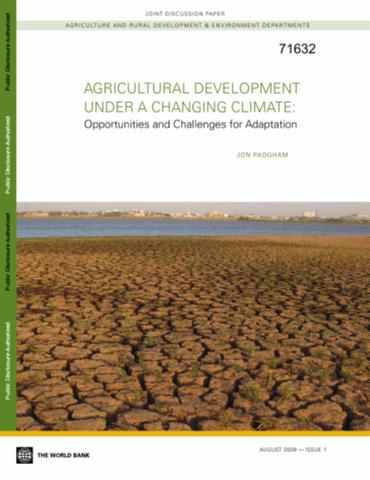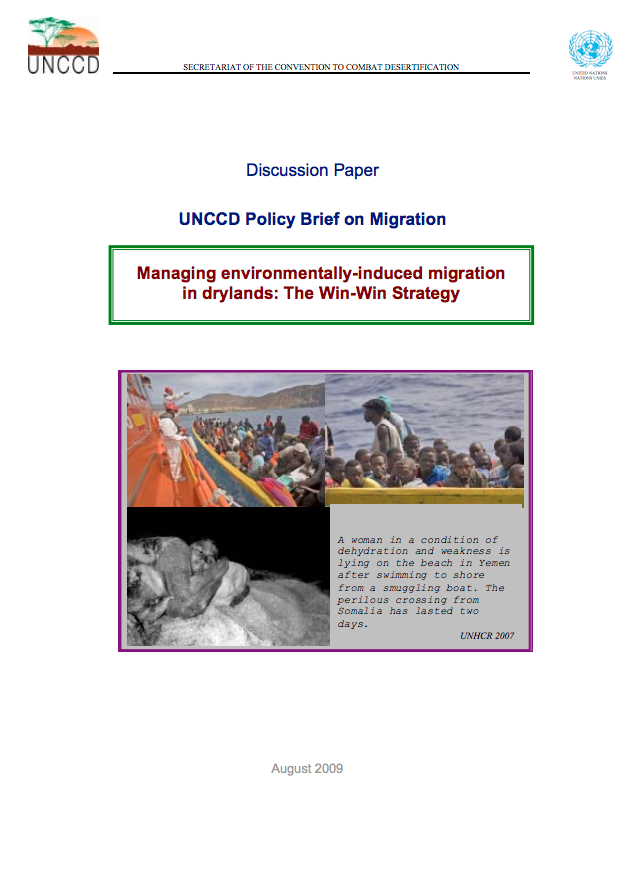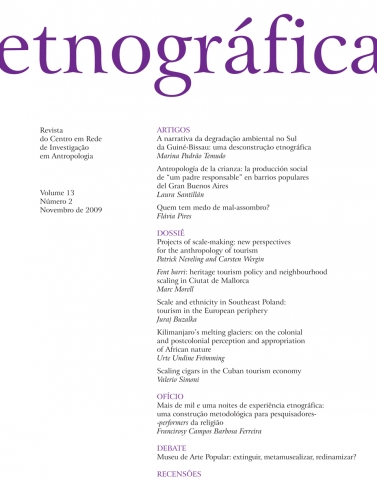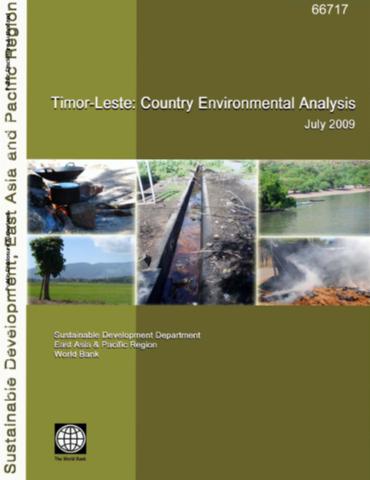Governance for Sustaining Himalayan Ecosystem (G-SHE): Guidelines and Best Practices
Governance for Sustaining Himalayan Ecosystem (G-SHE): Guidelines and Best Practices is . This publication, which forms part of our broader climate change adaptation strategy, puts together key guidelines related to the governance and management of the Himalayan ecosystem, along with case studies.







